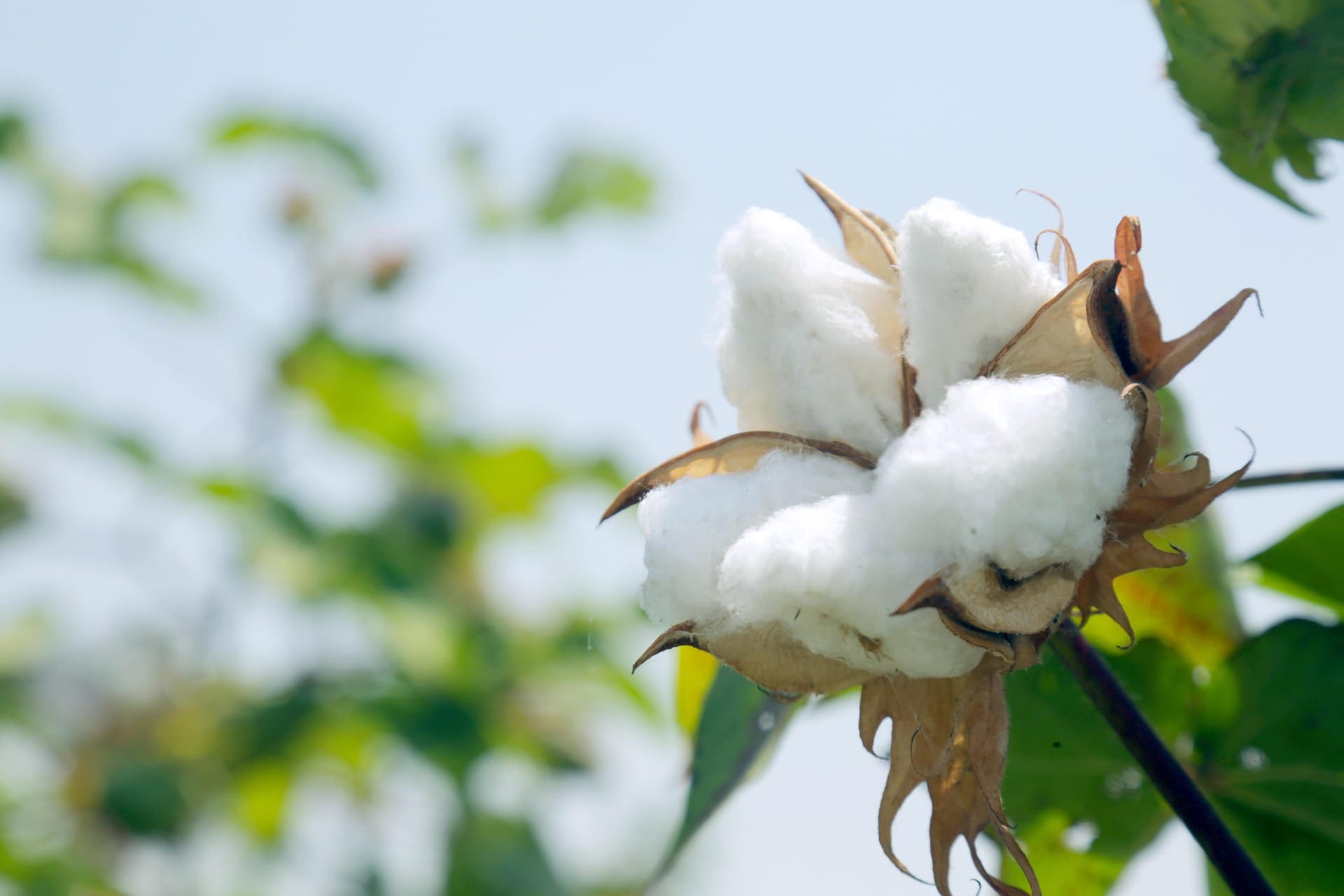Surging grocery bills are threatening to slow the pace of the Bank of England’s interest-rate cuts by raising the risk that inflation will stay elevated even as the UK economy shows signs of sputtering.
The prices of staples including butter, beef and chocolate in May were up nearly 20% from a year earlier, contributing to the biggest annual jump in overall food prices since February 2024. It was spurred in part by increases in national insurance contributions, the minimum wage and packaging costs that retailers passed along to consumers.
The rise was significant enough to catch the attention of policymakers at the BOE, which held interest rates steady this week, sticking to their plan to ease monetary policy only gradually even as the job market weakens and the broader economy slows. The meeting minutes showed concern that rising food prices could lead workers to push for higher wages to offset the impact — creating a potential feedback loop that would continue putting upward pressure on inflation.
“The possible impact of rising food prices on inflation expectations will be something that the MPC will likely keep a keen eye on over the next couple of months,” said Matt Swannell, chief economic adviser to the EY ITEM Club, a forecasting group, referring to the BOE’s monetary policy committee. The “message remains that it will lower interest rates carefully and gradually, which indicates that it remains more concerned that inflation will get stuck above 2% than it is about the possibility of a significant rise in unemployment.”
The bank’s decision to stick with that cautious approach — which kept its benchmark rate at 4.25% — will delay any relief for businesses, consumers and homeowners who are being squeezed by borrowing costs that have risen steeply since the pandemic.
Consumer prices overall in May rose at an annual pace of 3.4% and surveys show households anticipate that inflation in the year ahead will stay well-above the BOE’s 2% target, leaving policymakers watching for any knock-on effects if such expectations become ingrained in the economy. Recent research found that food prices have the largest impact on inflation expectations.
“Consumers are acutely sensitive to the price of food because they buy it so much and so often,” said Ruth Gregory, deputy chief economist at Capital Economics.
While recent government-policy shifts stoked the food-price increase by adding to retailers’ costs, some of it was beyond the UK’s control, reflecting the impact of bad weather on harvests elsewhere in the world. Poor cocoa harvests in the Ivory Coast, for example, created severe supply shortages, contributing to an 18% jump in British chocolate prices.
Regardless, the increase was seen as worrisome by the network of agents that feeds on-the-ground intelligence to the BOE, according to a report the bank released Thursday, when it announced the results of its latest meeting.
“Contacts expect food price inflation to peak at 4% this summer,” the report said. “The major supermarkets are all facing margin pressure, so there are limits to how much they can absorb.”

 RECOMMENDED FOR YOU
RECOMMENDED FOR YOU





